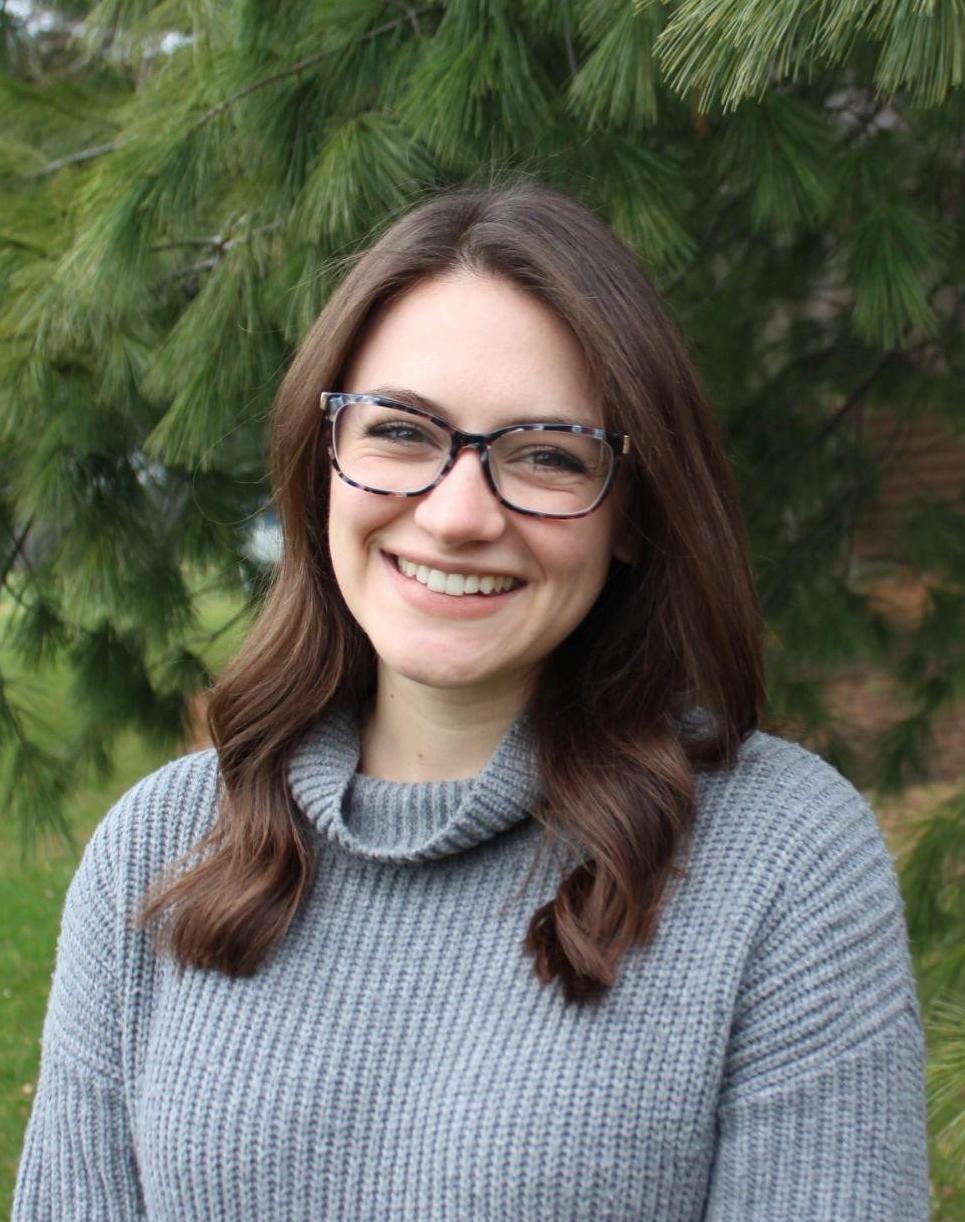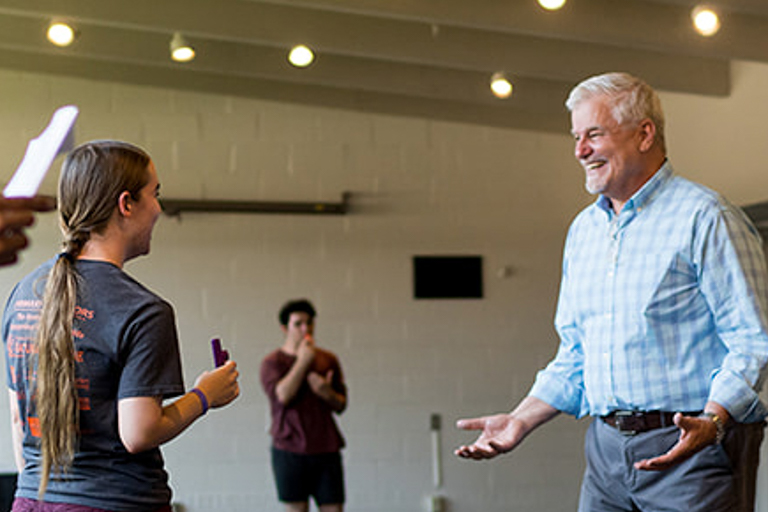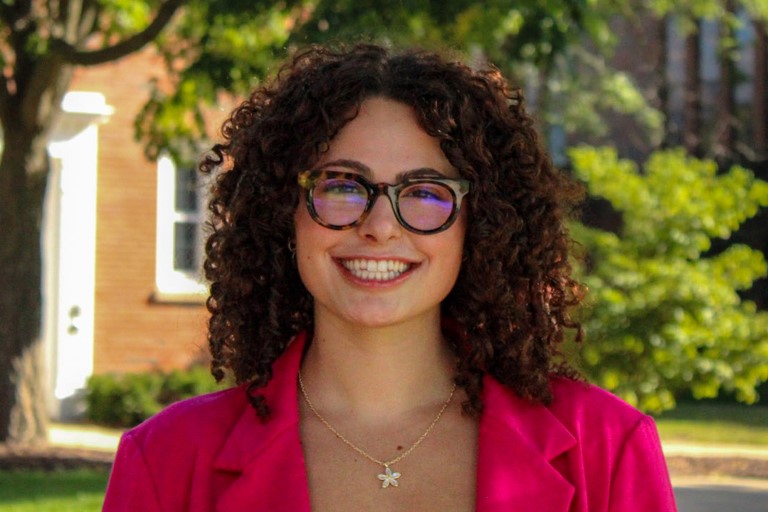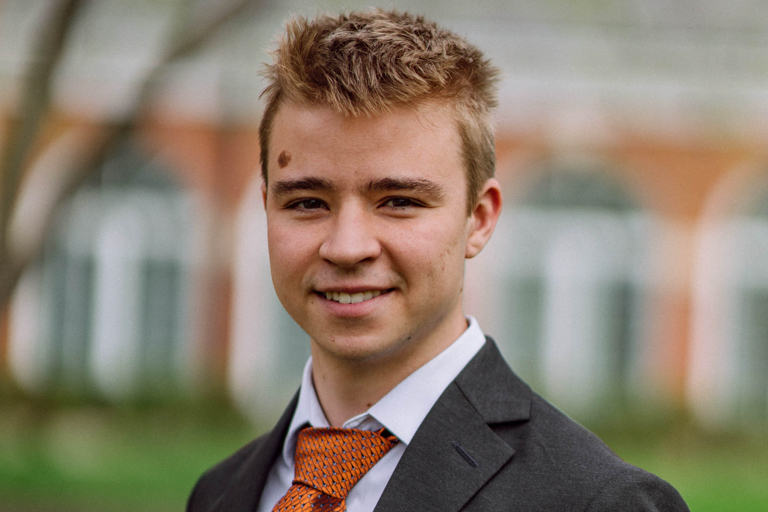Kelly Ross ’16: Mindful Ministry
Words: Ciera Horton McElroy ’17

Kelly Ross ’16
Kelly Ross ’16 gets excited when she talks about mirror neurons.
As a care manager at Lawndale Christian Health Center in Chicago, Ross sees a lot of marginalized patients who are pushed to the fringes of society. Many of them deal with severe mental illnesses. Her job is to get to know them—to listen—and to provide practical support and case advocacy. “In healing from trauma, when you share your story with somebody else, there’s a physiologic thing that happens with your mirror neurons,” said Ross.
She explained how the very process of sharing your story with someone else—and watching that person react, listen, and care—is part of the brain’s healing process. In short, it’s the neural explanation for human empathy. “To be able to explain that to a patient and say, ‘All this horrible stuff has happened to you, but there is a way that you can start to feel better’ … That is really special,” she reflected.
Ross cited her experience working in Dr. Nathaniel Thom’s lab at Wheaton as pivotal in her decision to pursue a career in neuroscience. Thom’s research primarily examined resilience among Navy SEALs, which caught Ross’ interest. “If you’re going into a really high risk or potentially traumatic setting, how do you set up people to be resilient?” said Ross. “It was a way of applying a very scientific way of looking at the body and the mind and the soul as combined. That felt like a unique marriage of science and faith.”
The ramifications of this work were vast. Thom noted similarities between the environments of SEALs and missionary aid workers and hypothesized that these evaluations could be applied more broadly to people working in traumatic settings.
“Healing from a brain perspective overlaps so much with spiritual care,” said Ross. “And that’s a lot of what we do, providing health care from a Christian perspective. Doing any kind of development work overseas, it’s important to provide tangible resources to people—to have a holistic view of how to promote healing from a mental health perspective and a spiritual health perspective.”
As a senior at Wheaton, Ross directed the Honduras Project. This experience brought up a lot of questions such as: Why does cross-cultural work matter? Why are service work and travel important? For Ross, it wasn’t just about raising money or running a project. It was about building relationships. It was about being in the same place together.
“Our ministry partners [in Honduras] had this really beautiful view,” she recalled. “They said, ‘We want you to be part of this community for a week to celebrate that we’ve brought all our gifts together.’ We’re so separated in our culture, and so to be able to come together is, to me, part of the redemption that the gospel brings.”
In the future, Ross hopes to work overseas in implementing evidence-based public health programs in an ethical and sustainable way.
Doing any kind of development work overseas, it’s important to provide tangible resources to people—to have a holistic view of how to promote healing from a mental health perspective and a spiritual health perspective.




